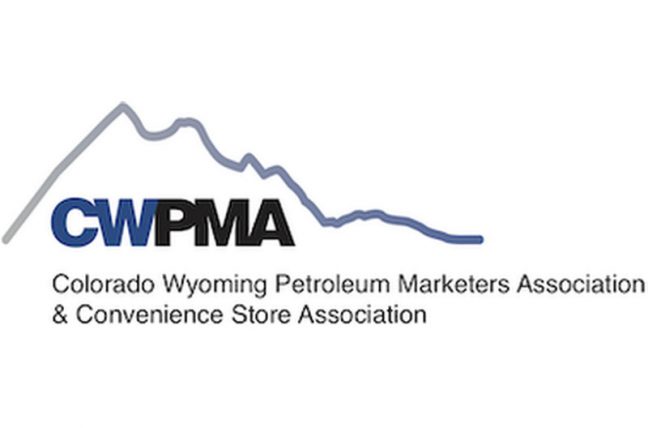Colorado retailers can feel a bit safer after a low-level crime proposal that would’ve prohibited the arrest of shoplifters was struck down in the state’s most recent legislative session.
“It was really kind of egregious, especially with inflation,” said Grier Bailey, executive director of the Colorado Wyoming Petroleum Marketers Association & Convenience Store Association.
While larger companies are impacted more often, smaller businesses feel the strain.

“That’s money that families are taking out of their family budgets and using to stock shelves,” Bailey said. “For them to see people stealing, essentially from their family, that was a pretty egregious threat.
“We were happy that – even in our progressively blue state, where we don’t seem to hold anybody accountable for anything – there is still enough moderate Democrats that stood up for these families.”
While retailers can breathe a sigh of relief, this could be the first of many changes Colorado is eyeing. Bailey said the measure, which was just one vote shy of moving out of committee, “essentially split” much of the legislature.
Bailey expects similar measures to surface in the years ahead, noting that the last state election brought many new lawmakers who are focused on social changes more than policy.
“The CWPMA has a long history of working on both sides of the aisle. We’re happy to work with anyone who values what we do,” he said. “This was like a direct attack on small business. It was essentially opposed by the sheriff. I was opposed by every business group out there. Community safety organizations opposed it.”
Going forward, Bailey plans to continue advocating for safer communities for grocers. The CWPMA is worried that traditionally progressive cities such as Denver and Fort Collins may adopt other forms of social programs that could endanger grocers. As an example, Bailey pointed to supervised injection sites.

The sites are facilities staffed by medical personnel where intravenous drug users can use heroin and other substances. The first facility opened in 2021. Most recently, the federal government provided a $5 million grant to New York University and Brown University to study the sites’ effectiveness.
A previous attempt to open one in Colorado was struck down due to an established law.
“Now they’re trying to find a way around it because it was killed,” Bailey said. “There are some kind of reasonably-minded, moderate Democrats who understand there’s a balance.
“Nobody wants anybody to overdose. But are we really saying that we’re going to essentially endorse this practice? You don’t want to send your kids to a place where right next door they’re shooting up heroin.”
Turning to legislative successes, Colorado residents last fall approved wine sales in stores that sell beer. Retailers have been able to sell full-strength beer in stores since 2016. Stores with a beer license had to pass regulatory expectations before they could begin selling.
“They just have to make sure you’re not selling wine in the same aisle that you’re selling toys and kids’ things,” Bailey explained. “There’s some rules that are probably going to come forward. Other than that, retailers have been selling wine responsibly for the better part of six months now.”
The legislature also passed a law that creates more incentives for food accessibility, setting up multiple programs within various government agencies such as the Department of Public Health and the Department of Agriculture.
There is a refundable tax credit for small retailers and farms who buy certain systems or equipment. The 2024 tax year will credit 85 percent of the purchase price, as well as 85 percent of installation costs.
“These are things like refrigeration in low-income or marginalized communities,” Bailey said. “There are now these incentives to put in refrigeration or put in new coolers to provide fresh food for people. [The measure] was really creative.”
It also made environmental compliance and remediation easier for retailers.
Previously, retailers had to pay a portion of the costs to become compliant. Under the new plan, if the overall costs are less than $10,000, they can apply for state assistance.
The bill also redefined the definition of a “small food retailer” to include those with less than 10,000 square feet instead of the previous 5,000, according to the state’s website.
Read more market profiles from The Shelby Report.

